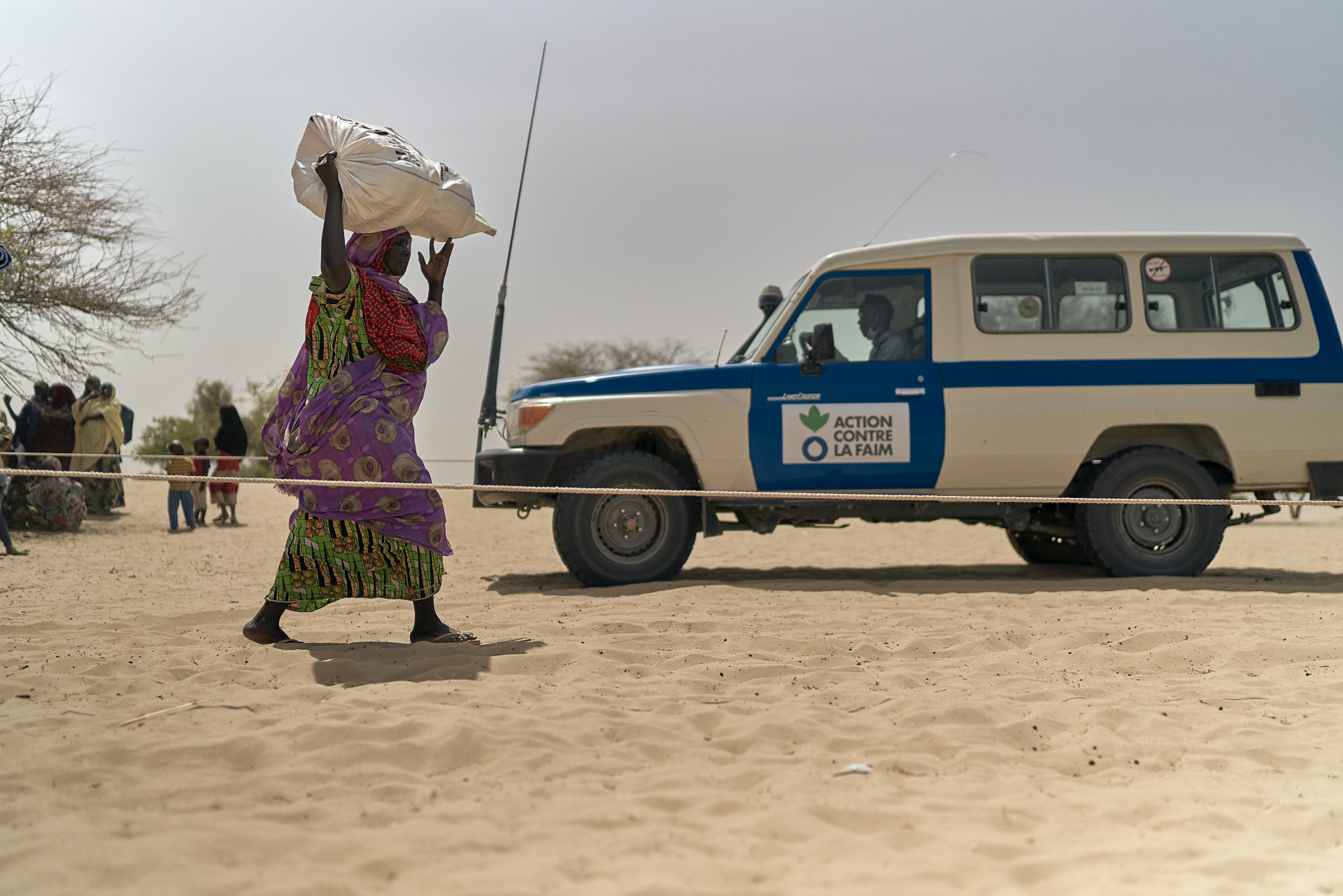
GIVE THIS RAMADAN

Current cargo preference requirements make it more expensive for U.S. humanitarian food assistance programs to support vulnerable communities around the world.
High shipping costs and long transportation times due to cargo preference mean fewer commodities and less food can reach those in need. These costs also reduce the purchasing power of U.S. implementing partners who procure and transport in-kind aid to those in dire need.
As organizations involved in efforts to end global hunger, malnutrition, and extreme poverty, our community strongly supports measures in Congress that address rising shipping costs as the impacts of the conflict in Ukraine ripple out, impacting the global food system. We applaud the introduction of S.Con.Res.38 by Senators Chris Coons (D-Del.) and Joni Ernst (R-Iowa), and H.Con.Res.92 by Representatives Jackie Walorski (R-Ind.), Jim Costa (D-Calif.), Michelle Fischbach (R-Minn.), and Danny Davis (D-Ill.). These concurrent resolutions would temporarily waive the requirement under current law that mandates 50% of U.S. food aid exports be shipped on U.S. flagged vessels from now until 2025.
Cargo preference refers to all U.S. laws, regulations, and policies that require U.S. Government non-military cargo to be transported on privately owned, U.S.-flag commercial vessels. Current law requires 50% of all U.S. Government non-military cargo to comply with these guidelines. Unfortunately, this policy greatly impacts the effectiveness and efficiency of U.S. humanitarian assistance.
The number of children, mothers, and families worldwide that require emergency-level aid continues to skyrocket—driven by climate change, conflict, COVID-19, and the war in Ukraine. As a result, we must efficiently maximize the use of foreign assistance resources to fight global hunger and prevent the most severe outcomes. Allowing food assistance programs to operate at their maximum efficiency level is more critically important than ever before. We thank our partners in Congress for championing global food security and nutrition programs. We stand ready to partner with all stakeholders transparently and inclusively on this effort.
Action Against Hunger
Alliance to End Hunger
Bread for the World
CARE USA
Catholic Relief Services
Corus International
Food for the Hungry
Global Communities
InterAction
Islamic Relief USA
Mennonite Central Committee U.S.
Mercy Corps
ONE
Oxfam America
RESULTS
Save the Children
World Food Program USA
World Vision
Join our community of supporters passionate about ending world hunger.